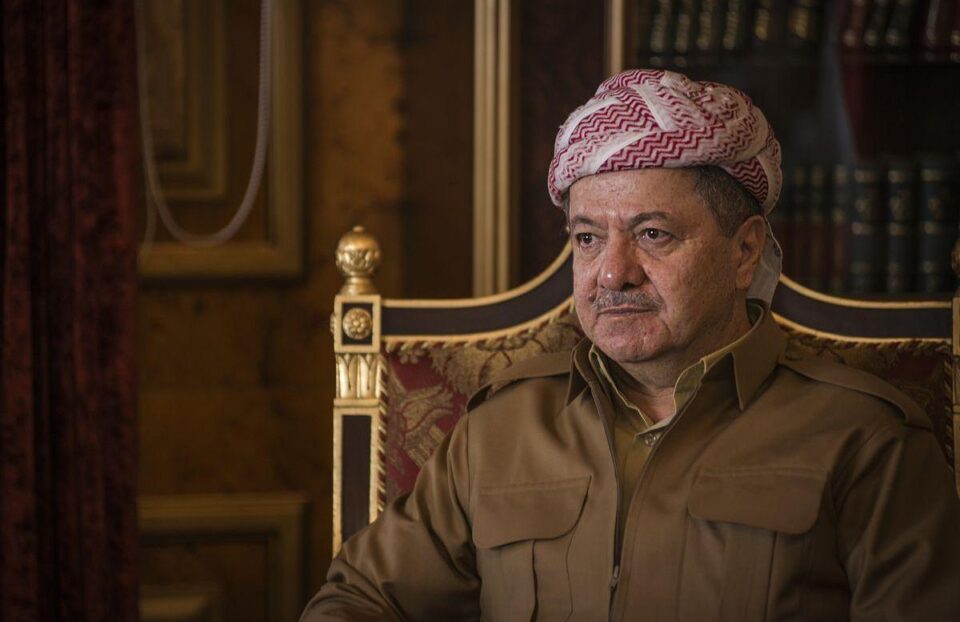Sema
Barzani warned that despite the passage of nearly four decades, the legacy of chauvinistic policies and anti-Kurdish sentiment remains a threat. “It is imperative that Iraq puts an end to all forms of discriminatory policies and narratives targeting the Kurdish people,” he said.
On the 37th anniversary of the Anfal genocide, Kurdish leader and former President of the Kurdistan Region, Masoud Barzani, delivered a powerful message urging unity and national resolve in protecting and developing Kurdistan, calling it the truest form of honoring the victims of the Ba’ath regime’s brutal campaign.In a statement released Monday, President Barzani stressed that “the best tribute to the martyrs of Anfal is for all of us to stand united in serving and defending our homeland, and in laying the foundations for a prosperous future for our people.”
Barzani also renewed calls for the Iraqi federal government to formally recognize and take full responsibility—morally, legally, and constitutionally—for the Anfal genocide and all other atrocities committed against the Kurdish people by Saddam Hussein’s regime.
The Anfal Campaign, conducted by Iraq’s former Ba’athist regime from 1986 to 1989, was one of the most devastating state-led atrocities in recent history. Under the command of Saddam Hussein and Ali Hassan al-Majeed (infamously known as “Chemical Ali”), over 182,000 innocent Kurdish civilians were rounded up, executed, and buried in mass graves, while thousands of villages were destroyed, farmlands razed, and entire communities wiped off the map.This campaign of terror, Barzani wrote, “included forced displacement, chemical attacks, and the systematic destruction of the Kurdish region’s economic and cultural foundations. It was one of the darkest stains of the last century.”
While many of the perpetrators were later tried and convicted, Barzani emphasized that the wounds of the genocide remain open, with survivors still suffering the consequences—both emotionally and materially. “The perpetrators fell into the dustbin of history, but the wounds and scars of this genocide and oppression still remain unhealed,” he said.
Barzani warned that despite the passage of nearly four decades, the legacy of chauvinistic policies and anti-Kurdish sentiment remains a threat. “It is imperative that Iraq puts an end to all forms of discriminatory policies and narratives targeting the Kurdish people,” he said.
He reiterated that justice must go beyond acknowledgment—it must include real material and psychological reparations to the victims’ families and survivors.
Ending his message on a note of hope and resolve, Barzani urged the people of Kurdistan to remain steadfast in their mission. “Our greatest responsibility is to stand together, to protect what we have achieved, and to work hand in hand for a brighter and more secure future,” he said.“Glory to the families of the martyrs of Anfal,” he added. “A thousand salutes to the pure souls of all our martyrs who gave their lives for Kurdistan’s freedom.”
Each year, April 14 is marked in Kurdistan as a day of mourning and remembrance for the victims of Anfal. Ceremonies are held across the Kurdistan Region, where officials, families, and survivors gather to honor those lost and call for continued justice.
Though progress has been made in memorializing the genocide, many Kurdish leaders continue to call for stronger national and international recognition of the Anfal campaign as a crime against humanity and genocide.

